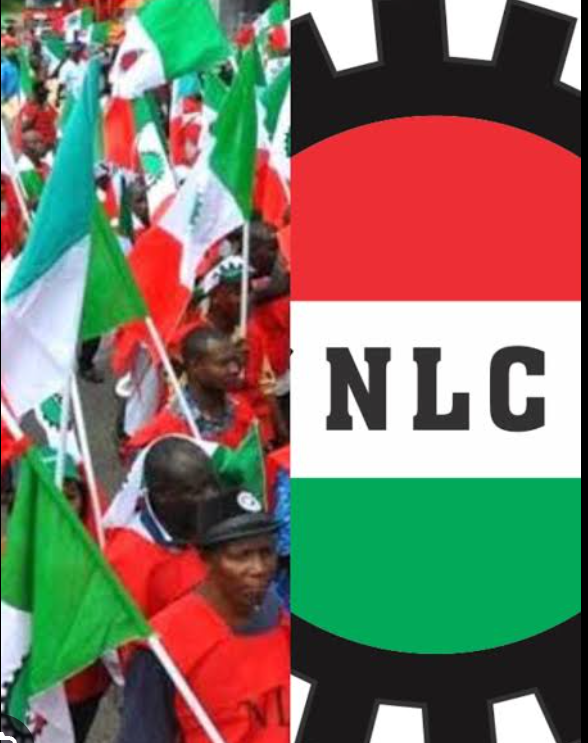The Nigeria Labour Congress (NLC) has criticized the removal of the fuel subsidy, asserting that the policy has exacerbated the nation’s economic challenges.
Benson Upah, the spokesperson for the NLC, made these remarks in response to President Bola Ahmed Tinubu’s claims during his recent presidential media chat.
During the chat, which took place on Monday at his Lagos residence, President Tinubu defended his decision to remove the fuel subsidy, stating that Nigeria would have been on the brink of disaster if the subsidy had not been abolished. He argued that the removal was essential for securing the country’s financial future and preventing the continued depletion of national resources.
“We are spending our future. We are spending our generation’s fortunes. We are not investing. We are just deceiving ourselves,” the President remarked, reiterating his firm stance on the necessity of the subsidy removal.
NLC’s Response: Subsidy Removal Has Created More Problems
However, the NLC strongly disagrees with the President’s assessment. In an interview with Punch on Saturday, Upah countered Tinubu’s argument, stating that the removal of the subsidy had not provided the expected solutions but rather worsened the problems faced by ordinary Nigerians.
When asked whether he agreed with the President’s statement, Upah responded firmly, saying, “Certainly no. He (the President) knows the truth.
Nigerians, particularly workers and unions, who argue that the subsidy removal has led to higher fuel prices, increased cost of living, and worsening economic hardship for the majority of the population.
The Debate Over Fuel Subsidy
The removal of the fuel subsidy has been one of the most contentious policies of Tinubu’s administration. While the government insists that it is a necessary step to reduce fiscal burdens and encourage long-term economic growth, critics, including the NLC, claim that it has disproportionately affected vulnerable groups who now face skyrocketing costs for basic goods and services.
The ongoing debate highlights the deep divide in Nigeria over the best approach to economic reform. Proponents of the subsidy removal argue that it will help reduce government expenditures, while opponents contend that it places an unfair burden on ordinary citizens who already grapple with inflation and unemployment.
As the nation continues to navigate these challenges, the NLC’s response adds to the growing calls for a review of the policy and greater attention to the needs of the average Nigerian in the face of economic reforms.

